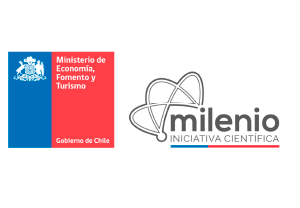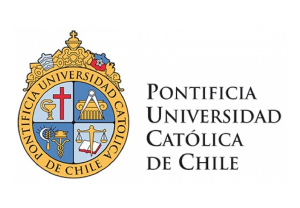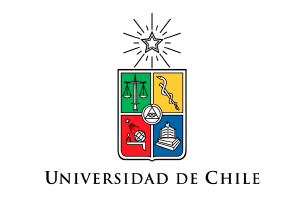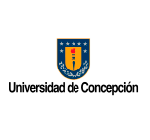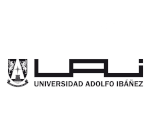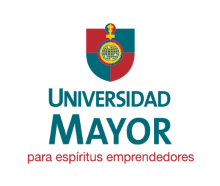Noticias
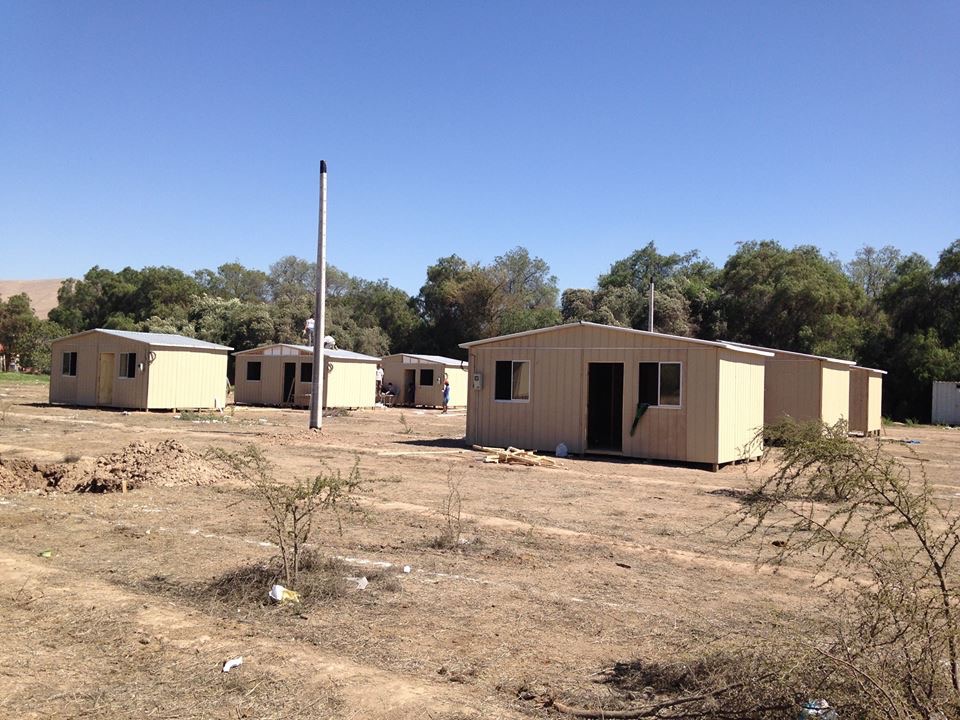
“In our foundation, we are convinced that we can contribute to the discussion of the country’s priorities and the generation of more and better public policies by producing and using facts. Even more, if those facts come from an analysis of the highest quality, based on data and whose results contain the potential to be applied, the scope and impact its greater”, stated Felipe Arteaga, executive director of Fundación Vivienda, on a meeting on Wednesday May 22 with the Millennium Institute Fundamentals of Data (IMFD), in which both institutions signed an agreement that will foster collaboration oriented to do research on the housing problem in Chile.
The alliance seeks to combine the capacities of both organizations to study the problem of housing precariousness in Chile with the unique interdisciplinary approach of the IMFD, a frontier research center in the science of data.
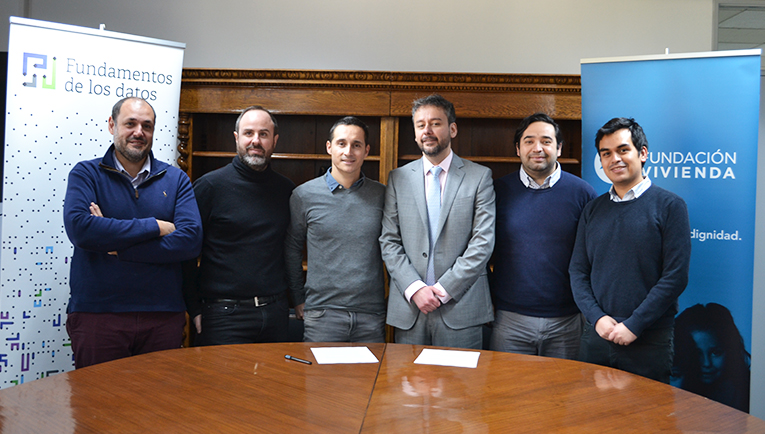
Marcelo Arenas, professor of the Dept. of Computer Science and director of the IMFD, said that “it is key for us to work with allies that have a clear vision of the value of data science for a better understanding of many of the urgent problems that affect society. The virtuous interaction between those who have needs for social analysis with different methods and sources of information, and our experience that ranges from computing to political science, can be of real benefit to our country. ”
A problem big like a house
Born as the branch of the Hogar de Cristo organization dedicated to the homeless, the Vivienda Foundation has been dedicated for more than 50 years to find and provide solutions to the thousands of families in Chile who live in a precarious way, mostly close and crowded.
In 2014, the foundation created a Research and Development Unit: directed by Juan Correa, this area seeks to understand all the factors associated with the different forms of housing precariousness. “This definition does not only apply to people and groups that do not have a place to live, but also includes families that live close to them, people in overcrowded conditions, and also those who, for different reasons, see their quality of life affected by the risk conditions of the area in which they live”, explains Correa.
The only way to have a clearer picture of the dynamics associated with this phenomenon is through the integration of different data sources, and then to be analyzed with research methods that combine tools of computer science with those of our own and of the social sciences, says Juan Pablo Luna, IMFD associate researcher and full professor of Political Science of the P. Universidad Católica.
Luna, who is the author of this alliance, explains that “one of the objectives of my research group within the institute is the study of the conflicts and tensions present in different territorial enclaves. The interaction with the Vivienda Foundation will allow us to comprehensively address the situations that affect the people who live, for example, in areas of sacrifice or in sectors of drug trafficking, incorporating a variable as essential to the quality of life as is the house and the conditions in which it is inhabited. ”
Ugarte concludes that “this is a clear and most relevant way to contribute and foster a dialogue with the aim at improving public policies.”








